Today’s readings
Today we celebrate a feast that is a bit unusual for us. First of all, it’s a saint’s feast day, and saints’ days don’t usually take precedence over a Sunday celebration. Secondly, whenever we do celebrate a saint’s day, it is usually celebrated on the feast of their death, not their birth. But today we do gather to celebrate the birth of a saint, Saint John the Baptist, and the fact that we’re celebrating his birth and his day at all at this Sunday celebration points to the fact that St. John the Baptist had a very special role to play in the life of Christ. In fact, the only other saint for whom we celebrate a birthday is the Blessed Virgin Mary, so that tells us something about how important John the Baptist is.
Just as for Jesus, we don’t know the precise day John the Baptist was born. So the feast of their Nativities – their births – was a tradition developed by the early Church. The dates the Church selected are significant. Jesus’ birthday was placed around the time of the winter solstice, mostly to counteract pagan festivals of the coming of winter. John the Baptist’s birthday was then placed around the time of the summer solstice for similar reasons. But there’s more to it even than that. In the Gospel of John, there is a passage where John the Baptist says of himself and Jesus, “I must decrease, he must increase.” So John’s birthday is placed at the time when the days start to become shorter, and Jesus’ birthday is placed at the time when the days start to become longer. John the Baptist must decrease, Jesus must increase.
Today’s readings have a lot to do with who the prophet is. Saint John the Baptist was the last prophet of the old order, and his mission was to herald the coming of Jesus Christ who is himself the new order. Tradition holds that prophets were created for their mission, that their purpose was laid out while they were yet to be born. Isaiah, one of the great prophets of the old order, tells us of his commissioning. He says, “The LORD called me from birth, from my mother’s womb he gave me my name.”
So Isaiah was given his name while in his mother’s womb. The same was true of St. John the Baptist, whose name was given to Zechariah and Elizabeth by the Angel Gabriel. Names have meaning, especially the names of the prophets we encounter. Isaiah means “The Lordis salvation,” which pretty much encompassed the meaning of Isaiah’s mission, proclaiming salvation to the Israelites who were oppressed in exile. Jeremiah means “May the Lordexalt.” The name given to the Baptist, John, means “God has shown favor.” And that was in fact the message of his life. He came to pave the way for Jesus Christ, who was the favor of God shown to the whole human race.
The point is, these men were created for their prophetic calling. That’s true for us too. All of us who have been baptized have a prophetic calling that came before we were ever born. God created us for something special. He created us to be with him, he created us to follow him, he created us to draw other people to him. This means that, according to our abilities, our vocation and station in life, we were meant to serve God in some way that God might be glorified and that others may come to know him.
We live in a society that is all about protecting and promoting ourselves. Saint John the Baptist would have us promote Jesus instead. That’s what he was about. As it was for him, so it is for us: we must decrease, Jesus must increase.
![Saint Bartholomew, Apostle [Feast]](https://father.mulcahy.net/wp-content/uploads/2018/08/saint-bartholomew-horiz-orig_orig.jpg)
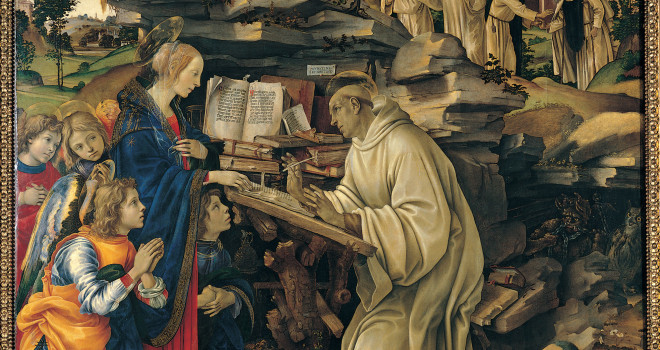
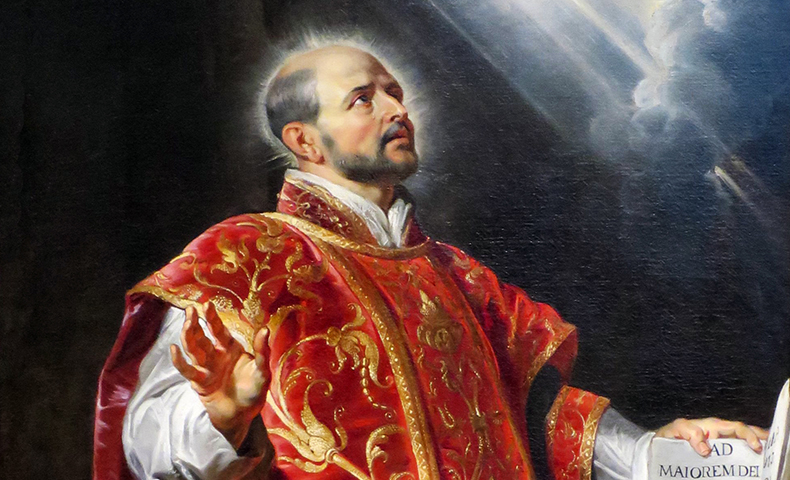
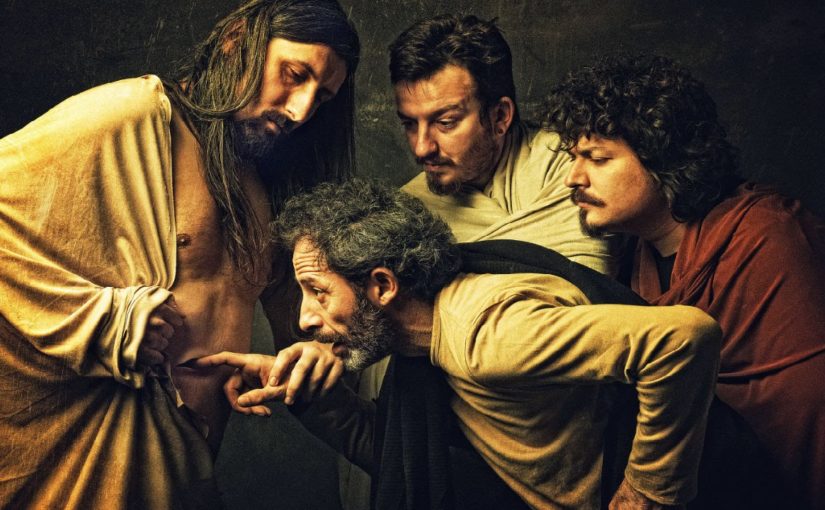
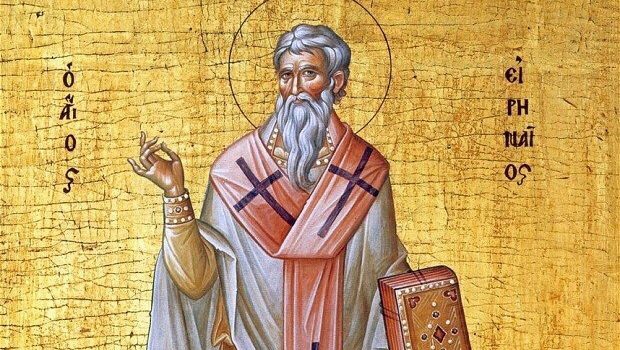
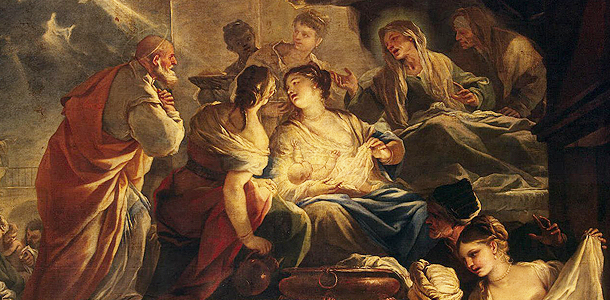
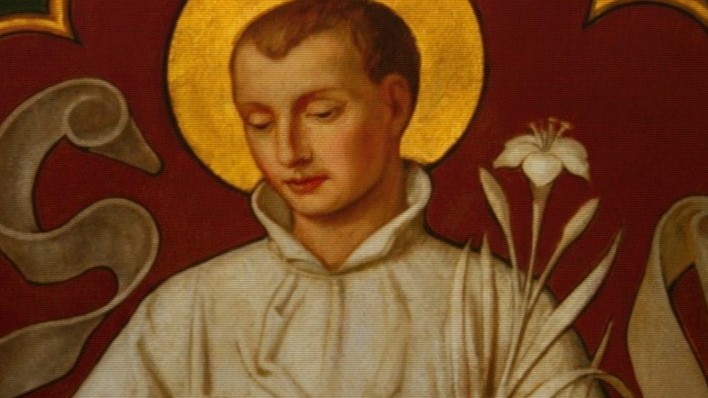
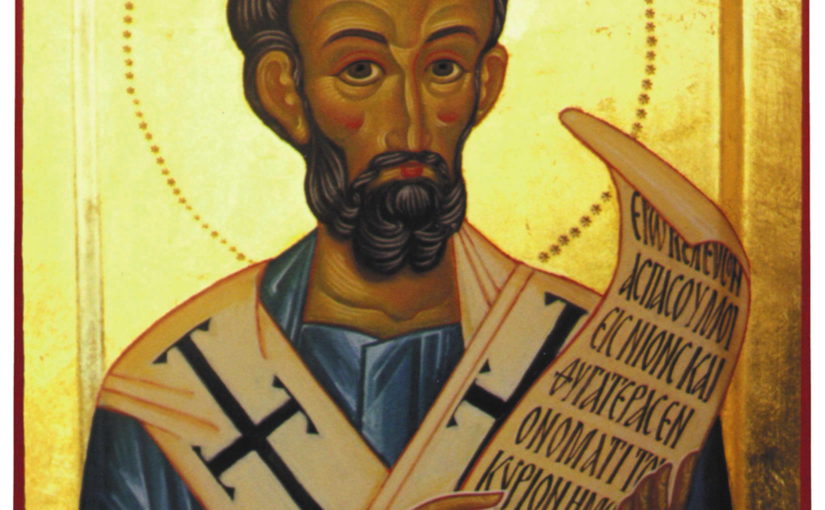
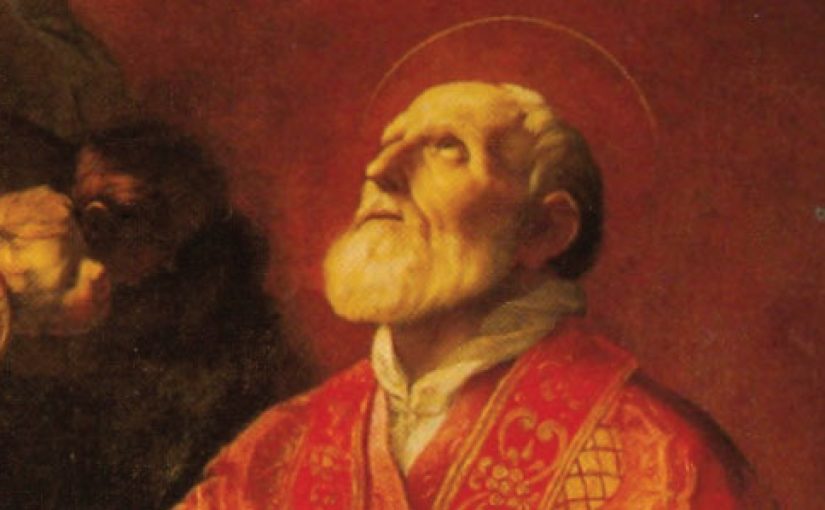
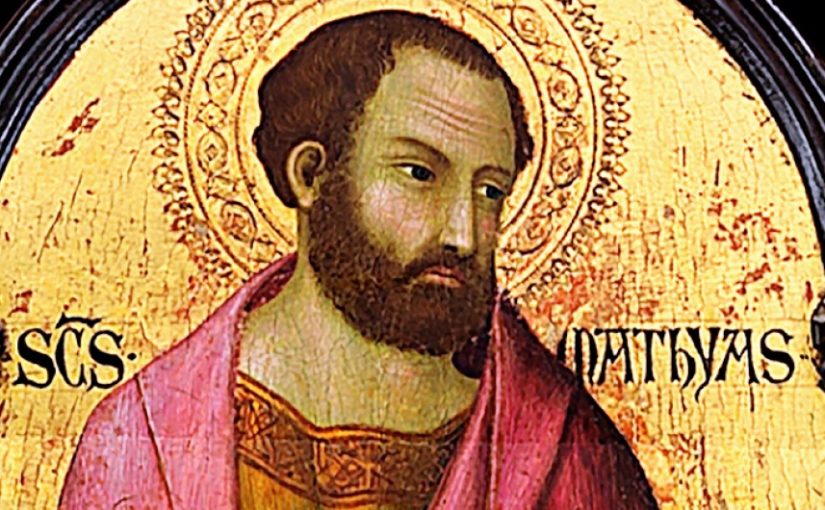
You must be logged in to post a comment.